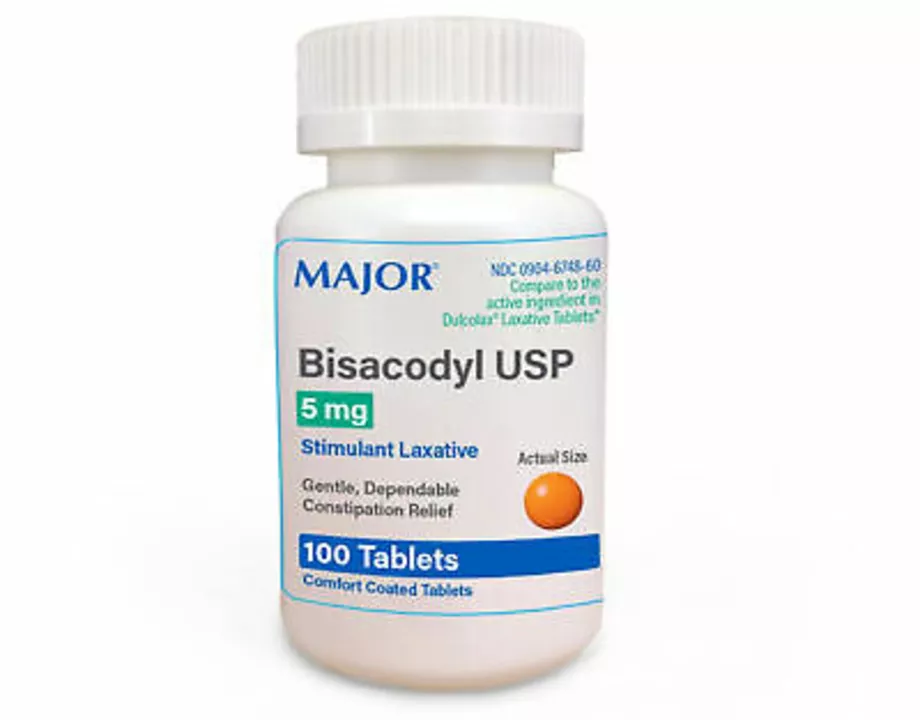Stuck with hard stools or fewer bathroom trips than usual? Constipation is common, but that doesn't make it normal. Knowing what causes it and what actually helps can get you back to feeling like yourself fast.
Most constipation comes down to three things: low fiber and fluids, not moving enough, and medications. Pain meds, some antidepressants, iron supplements, and certain blood pressure drugs can slow your gut. Hormonal issues, changes in routine, travel, and even stress play a role. Older adults and people with certain conditions — like pelvic floor dysfunction or neurological problems — face it more often.
Start with the basics. Add fiber slowly: aim for fruits, vegetables, beans, and whole grains. If you’re not used to fiber, increase it over a week to avoid bloating. Drink more water — fiber needs fluids to work well. Try setting a regular toilet time after breakfast; the body responds to routine.
Move more. Short walks after meals help bowel muscles. Regular exercise several times a week improves gut transit time. If you need faster relief, an over-the-counter option like a gentle osmotic laxative (polyethylene glycol) often works within 1–3 days. Stool softeners can help if straining is painful.
Be careful with stimulant laxatives (bisacodyl, senna). They work, but overuse can make things worse long term. If you try a laxative, follow the package directions and don’t use them daily for weeks without medical advice.
See a clinician if you have severe belly pain, vomiting, blood in stool, unexplained weight loss, or sudden, severe changes in bowel habits. Also seek help if constipation is new and you’re over 50, or if home measures and short-term laxatives don’t help in 2 weeks.
Some people actually have a pelvic floor problem: the muscles used to push stool don’t relax properly. A bowel specialist can test that and offer targeted treatment like biofeedback. Other times constipation hides bigger issues such as blockages, thyroid problems, or side effects from medication. Your doctor can sort that out and suggest prescription options if needed.
If you live with chronic constipation, track what helps and what triggers it. Note medications, diet changes, and stress. Small, consistent steps usually win: regular fiber, good hydration, daily movement, and a sensible toilet routine. When those don’t work, ask for medical tests rather than just increasing laxatives on your own.
Constipation is common but fixable. Try the practical steps above, watch for red flags, and get medical help when needed. You don’t have to manage it alone.

As someone who has experienced constipation, I've tried various remedies and recently came across Bisacodyl. It's a popular laxative that effectively relieves constipation by stimulating bowel movements. However, it's important to be aware of its side effects like abdominal cramps, diarrhea, and nausea. It's not recommended for long-term use as it can lead to dependency and electrolyte imbalances. Always consult a doctor before trying new treatments and consider lifestyle changes to prevent constipation.
